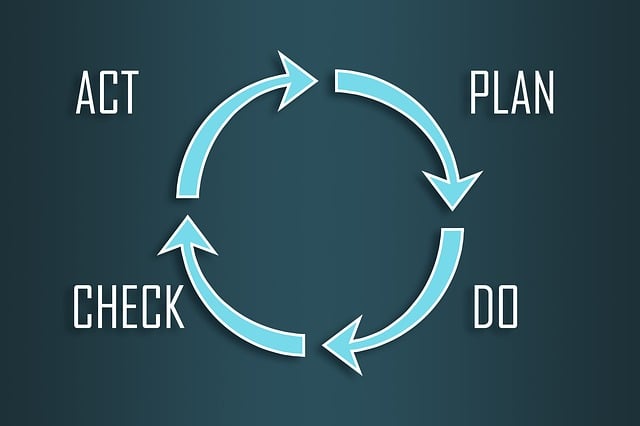Event planning for local businesses thrives on clear objectives. Before finalizing logistics, organizers must define goals aligned with host company interests, such as brand visibility, partnership fostering, or client expansion. These goals guide every event aspect, from format selection to guest list and venue design. Tailoring events to industry-specific needs, trends, and demographics ensures higher engagement, while workshops addressing sectoral challenges and structured networking sessions foster knowledge exchange and collaboration.
“Elevate your networking game with efficient event planning! This guide, tailored for local businesses, explores the art of creating impactful networking events. From setting clear objectives and defining target audiences to crafting unique value propositions, we’ll navigate the essentials. We’ll delve into logistics, ensuring seamless timing and venue management. Additionally, discover strategies to enhance engagement through interactive sessions and meaningful connections. Learn how structured follow-up can revolutionize your network’s longevity.”
- Setting Clear Objectives
- – Defining goals for the event
- – Identifying target audience and their needs
Setting Clear Objectives

When planning networking events for local businesses, setting clear objectives is paramount. Before sending out invitations or designing the venue layout, event organizers should define measurable goals that align with the host company’s interests. These objectives could range from fostering new business partnerships to expanding the client base or simply enhancing brand visibility within the local community. By establishing these goals upfront, the event becomes a strategic tool for achieving tangible outcomes.
For instance, if the focus is on building relationships, the event might prioritize interactive workshops and informal networking sessions. On the other hand, a goal centered around generating leads could prompt the inclusion of structured presentations, demonstrations, and one-on-one meeting areas. Event Planning for Local Businesses requires a nuanced approach where objectives guide every decision, ensuring that the gathering is not just an assembly but a calculated effort to advance business interests and create meaningful connections.
– Defining goals for the event

When planning a networking event for local businesses, defining clear goals is the cornerstone of success. Before sending out invitations or designing the venue layout, organizers should ask themselves: What do we hope to achieve? Is it increasing brand visibility, fostering new partnerships, or identifying potential clients? Setting specific and achievable goals will guide every aspect of the event, from the guest list to entertainment choices. This strategic approach ensures that the event remains focused and productive, maximally benefiting all participants, especially local businesses looking to expand their network and grow.
Event Planning for Local Businesses requires a deep understanding of these business owners’ unique needs. Goals could range from showcasing specific products or services to creating an environment conducive to meaningful conversations and potential collaborations. With well-defined objectives, the event organizer can tailor activities, workshops, or icebreakers accordingly, ensuring every moment is valuable and contributes to the overall success measured by how effectively it advances the participants’ professional goals.
– Identifying target audience and their needs

When planning networking events for local businesses, understanding your target audience is paramount. Event planners must identify not only the industry representatives but also their specific needs and expectations. For instance, a tech startup ecosystem event will attract young entrepreneurs and investors with an interest in innovative solutions, whereas a gathering focused on sustainable agriculture would appeal to farmers, suppliers, and eco-conscious consumers. Tailoring the event to these needs ensures higher engagement.
By considering factors like industry trends, community interests, and participant demographics, organizers can create relevant and valuable experiences. This might include workshops addressing pain points within the target sector or networking sessions structured to facilitate meaningful connections between attendees with complementary skill sets or business models. Such a tailored approach enhances participation, making events more than just social gatherings but powerful platforms for knowledge exchange and collaboration among local businesses.
Efficient networking events start with clear objectives and a deep understanding of your target audience. By defining specific goals, identifying attendee needs, and tailoring your event accordingly, local businesses can foster meaningful connections and achieve their desired outcomes. Remember, successful event planning is about creating an engaging environment that encourages interaction and leaves a lasting impression on all who attend.
